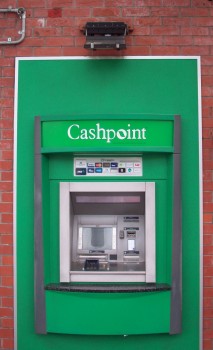The Mako System
The Mako System is a PCI-certified, cloud-managed, carrier-independent networking solution that makes it easy to connect and manage thousands of global sites in a high-performance business network that is secure, reliable, scalable and cost-effective. It consists of two parts: the Mako CMS management application and a range of managed Mako devices.





















 In New Zealand we rarely hear about local card fraud incidents. With no disclosure laws around card fraud or breaches of customer information, accurate local data can be incredibly hard to come by. The most readily available example has traditionally been the Auckland carparks breach of 2009, when
In New Zealand we rarely hear about local card fraud incidents. With no disclosure laws around card fraud or breaches of customer information, accurate local data can be incredibly hard to come by. The most readily available example has traditionally been the Auckland carparks breach of 2009, when 